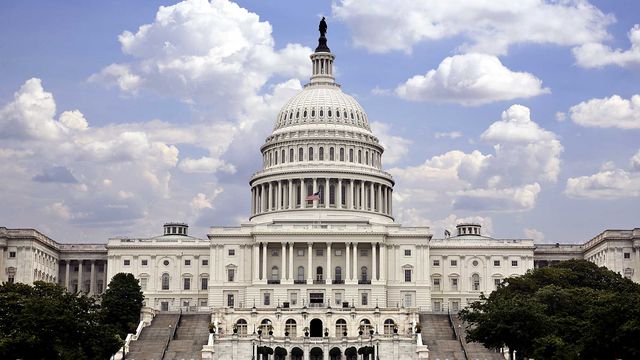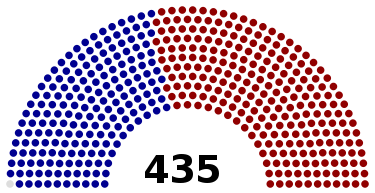
US Senate

US Senate more...
US House

US House more...
US Supreme Court

US Supreme Court Decisions
- McGEE v. McFADDEN. Decided 06/28/2019
- DEPARTMENT OF COMMERCE v. NEW YORK. Decided 06/27/2019
- MITCHELL, GERALD P. v. WISCONSIN. Decided 06/27/2019
- RUCHO, ROBERT A., ET AL. v. COMMON CAUSE, ET AL.. Decided 06/27/2019
- TENN. WINE AND SPIRITS RETAILERS ASSN. v. BLAIR. Decided 06/26/2019
- KISOR, JAMES L. v. WILKIE, SEC. OF VA. Decided 06/26/2019
- UNITED STATES v. HAYMOND, ANDRE R.. Decided 06/26/2019
- FOOD MARKETING INSTITUTE v. ARGUS LEADER MEDIA. Decided 06/24/2019
- UNITED STATES v. DAVIS, MAURICE L., ET AL.. Decided 06/24/2019
- IANCU, ANDREI v. BRUNETTI, ERIK. Decided 06/24/2019
- DUTRA GROUP v. BATTERTON, CHRISTOPHER. Decided 06/24/2019
- NORTH CAROLINA DEPT. OF REVENUE v. KAESTNER FAMILY TRUST. Decided 06/21/2019
- FLOWERS, CURTIS G. v. MISSISSIPPI. Decided 06/21/2019
- REHAIF, HAMID M. v. UNITED STATES. Decided 06/21/2019
- KNICK, ROSE MARY v. SCOTT, PA, ET AL.. Decided 06/21/2019
- McDONOUGH, EDWARD G. v. SMITH, YOUEL. Decided 06/20/2019
- GUNDY, HERMAN A. v. UNITED STATES. Decided 06/20/2019
- AMERICAN LEGION, ET AL. v. AMERICAN HUMANIST ASSN., ET AL.. Decided 06/20/2019
- VA HOUSE OF DELEGATES v. BETHUNE-HILL. Decided 06/17/2019
- MANHATTAN COM. ACCESS, ET AL. v. HALLECK, DEEDEE, ET AL.. Decided 06/17/2019
US Supreme Court...




